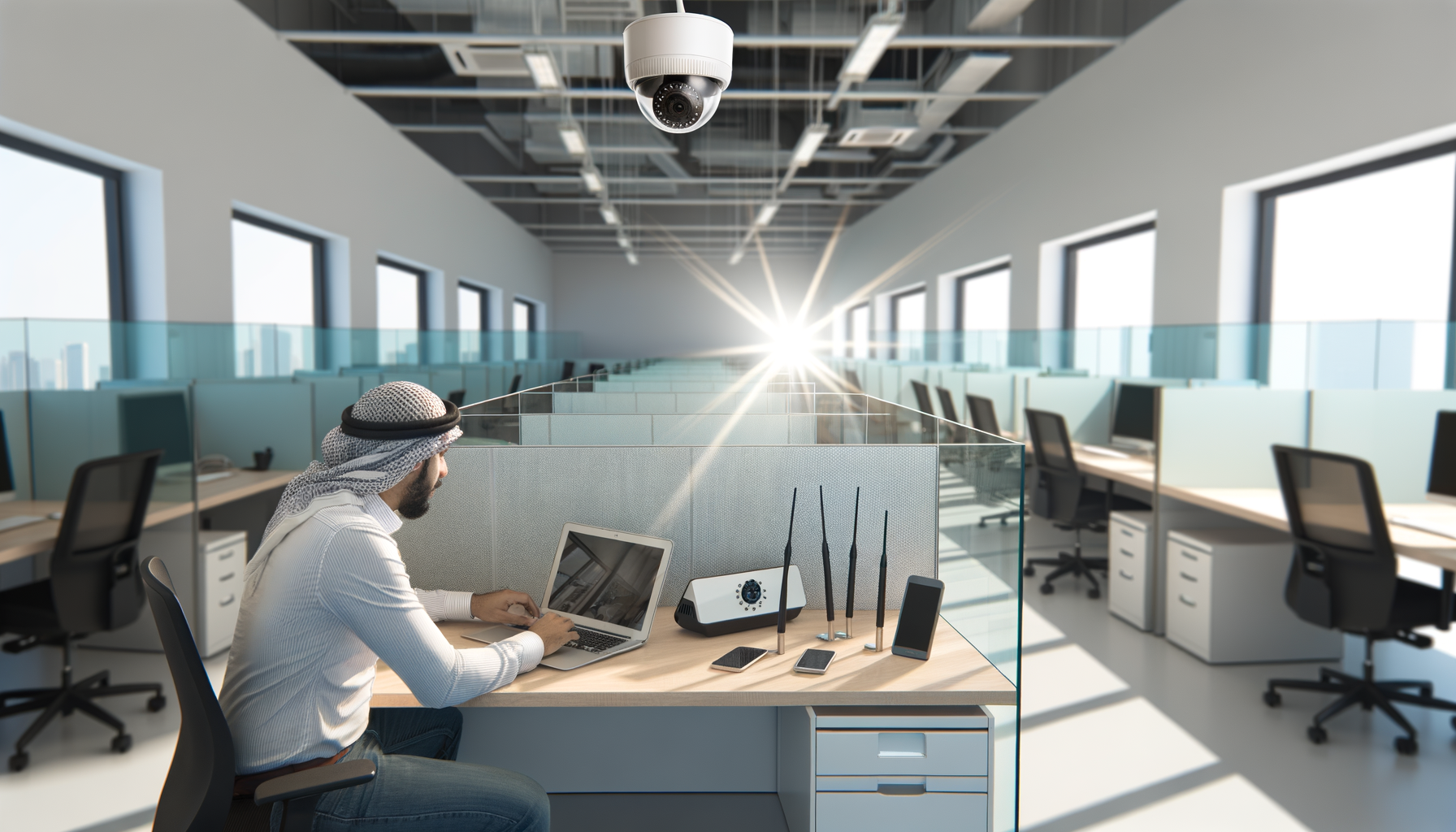In today’s digital age, the phrase “Big Brother at Work: How Your Employer Monitors You” is becoming increasingly relevant. With the advent of advanced technologies and increased connectivity, employers have access to a wealth of information about their employees. While this can be beneficial in terms of productivity and security, it also raises important questions about privacy and data protection. In this article, we will delve into the methods employers use to monitor their employees, the cybersecurity implications, and best practices for both employers and employees.
Understanding Employer Monitoring

Employer monitoring is not a new concept. Companies have long used various methods to keep tabs on their employees, from simple time clocks to sophisticated software. Today’s technology, however, allows for unprecedented levels of monitoring. Employers can track emails, internet usage, keystrokes, and even physical location through GPS. This can provide valuable insights into employee behavior and productivity, but it also poses significant privacy concerns.
The Role of Cybersecurity
While employer monitoring can be seen as an invasion of privacy, it also plays a crucial role in cybersecurity. By monitoring employee activities, companies can detect potential threats and take appropriate action to protect sensitive data. For instance, unusual login activity or data transfers can indicate a potential security breach. However, this defense mechanism should be balanced with respect for individual privacy rights and data protection regulations.
Data Protection and Privacy

Employer monitoring raises serious questions about data protection and privacy. Employees have a reasonable expectation of privacy, even in the workplace. However, the extent of this privacy varies depending on local laws and company policies. In general, employers must be transparent about their monitoring practices and ensure they comply with data protection regulations. This includes obtaining consent where necessary and using the collected data for legitimate business purposes only.
Threat Detection and Defense
Besides monitoring for productivity, employers also use these tools for threat detection and defense. Unusual patterns in employee behavior can signal potential threats, from data leaks to cyberattacks. Employers can use this information to take preventive measures, such as strengthening security protocols or conducting further investigations. For example, if an employee is repeatedly accessing sensitive data outside of their job scope, it might indicate a potential insider threat.
Security Measures and Best Practices

When implementing monitoring practices, employers should adhere to several security measures and best practices. These include:
- Being transparent about monitoring practices
- Using data for legitimate business purposes only
- Complying with data protection regulations
- Implementing strong security protocols
- Providing regular training and awareness programs for employees
Impact on Employees
While employer monitoring can aid in cybersecurity and productivity, it also has a significant impact on employees. Knowing that their activities are being monitored can lead to stress and decreased job satisfaction. Therefore, it’s essential for employers to maintain a balance between monitoring and respecting employee privacy.
Looking Ahead
As technology continues to evolve, so too will employer monitoring practices. It’s crucial for companies to stay updated on the latest developments, from new monitoring tools to changes in data protection regulations. At the same time, employees must be aware of their rights and take steps to protect their privacy in the digital workplace.
| Key Considerations for Employers | Key Considerations for Employees |
|---|---|
| Transparency in monitoring practices | Awareness of monitoring practices |
| Compliance with data protection laws | Understanding of privacy rights |
| Balance between monitoring and privacy | Steps to protect personal privacy |
Thank you for reading this article on “Big Brother at Work: How Your Employer Monitors You”. We hope you found it informative and insightful. We invite you to explore our other articles for more information on cybersecurity, data protection, and related topics.








